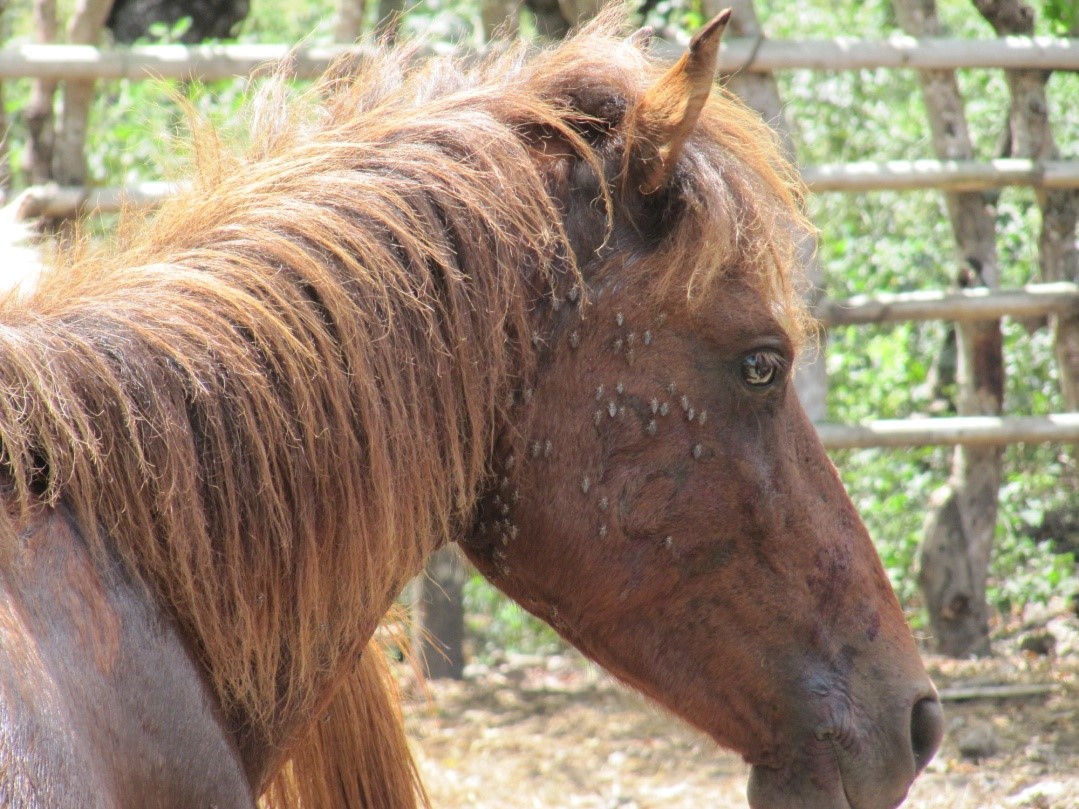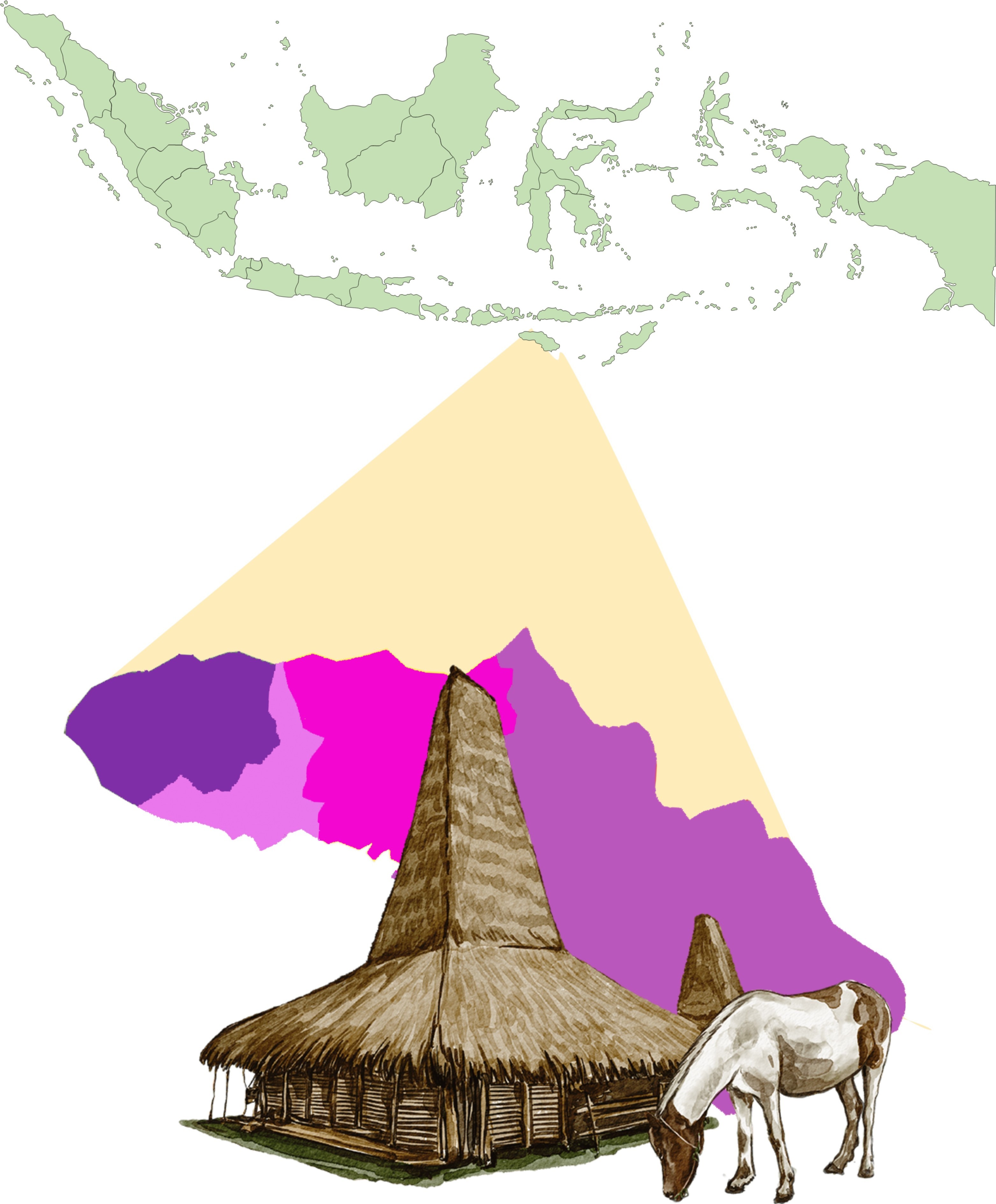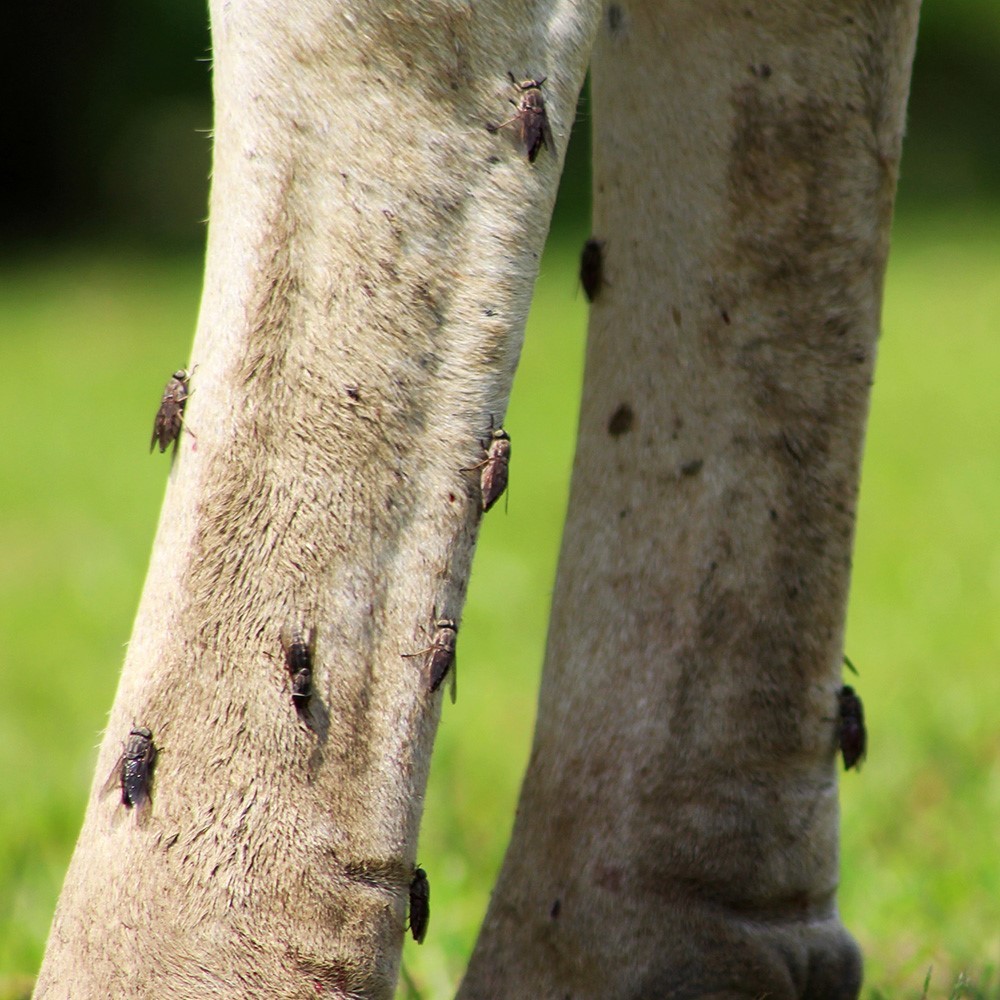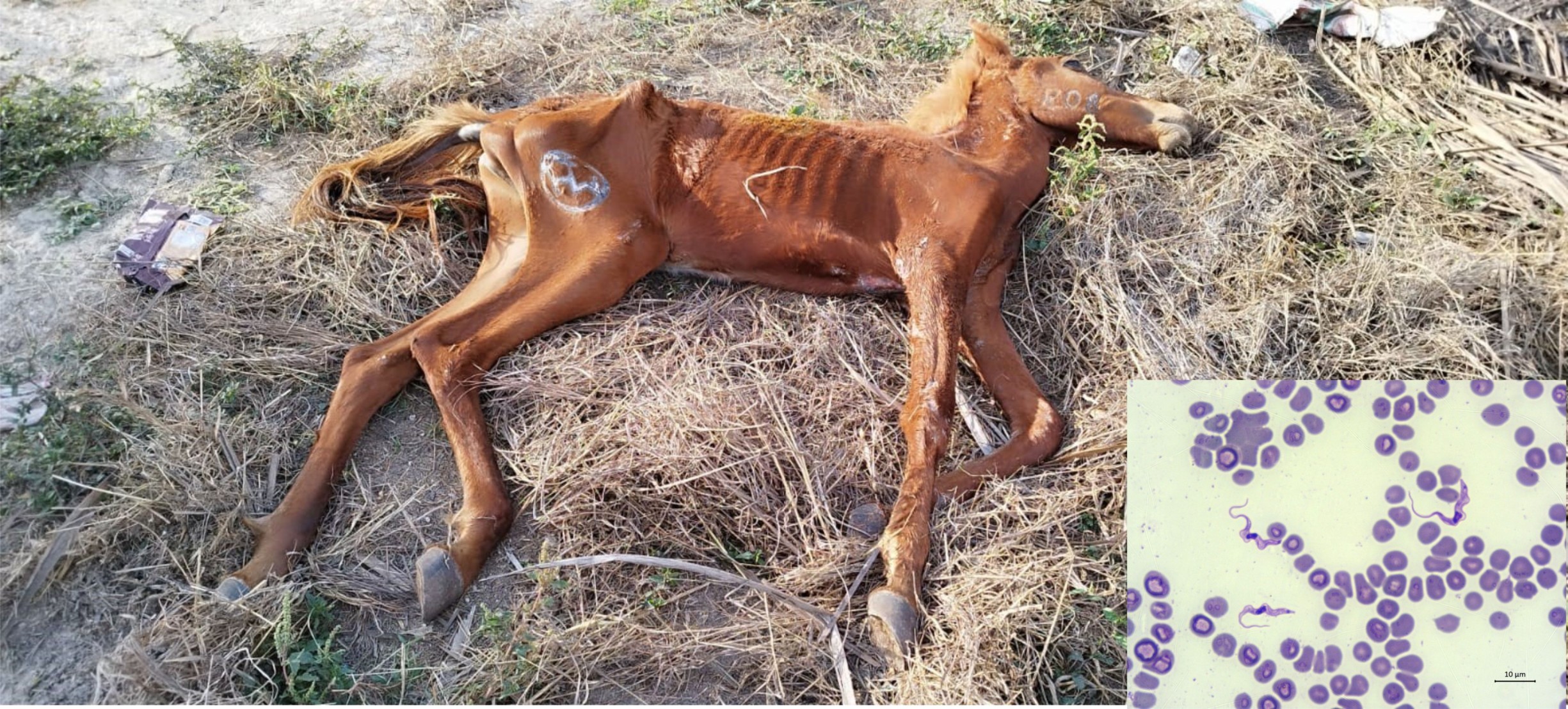
Sumba horse extinction due to the arthropod borne disease outbreak
Sumba (Indonesian: Pulau Sumba) is an island in eastern Indonesia with an extensive savanna. The Sumbanese people make a living by breeding Sandelwood horses, which are indigenous to the island. As they are utilised in all social activities, horses are extremely important to the Sumba people. The culture of the Sumbanese on this island has implications for the intensive transportation of horses. The disease is transmitted by vector, hematophagous flies such as Tabanids, Stomoyxs calcitrans, Hippobosca spp., Haematobia irritans etc. Prior to 2009, Sumba Island was the only Indonesian island free of the Trypanosoma evansi infection that causes Surra. Unfortunately, this island is adjacent to Sumbawa Island, where Surra is endemic. In 2010, Trypansoma evansi was introduced to Sumba Island as a result of the livestock trade (buffaloes) and annual traditional horse races that brought a large number of horses to Sumba Island. Additionally, the environment of Sumba Island is conducive to the development and growth of numerous species of hematophagous flies, resulting in an abundance of vectors. There was no vector control programme for controlling Surra on Sumba Island or any of Indonesia's other islands. In a brief time, the disease spread across the entire island and killed thousands of horses, as well as buffaloes and cattle. Although the incidence of this disease has decreased as a result of the combined use of Diminazene aceturate (Tryponil) and Isometamedium (Trypamedium), it still occurs frequently because Tryponil is ineffective when used alone. As a result, cases of Surra remain prevalent to this day. The extinction of the sandelwood horse is threatened by the loss of thousands of horses to Surra in the absence of integrated control measures, including treatment and vector control. Surra has resulted in losses worth billions of rupiah (IDR). In addition, the introduction of Surra on the island of Sumba infected multiple farmers with reactive serologic test results, indicating that it may be zoonotic.



